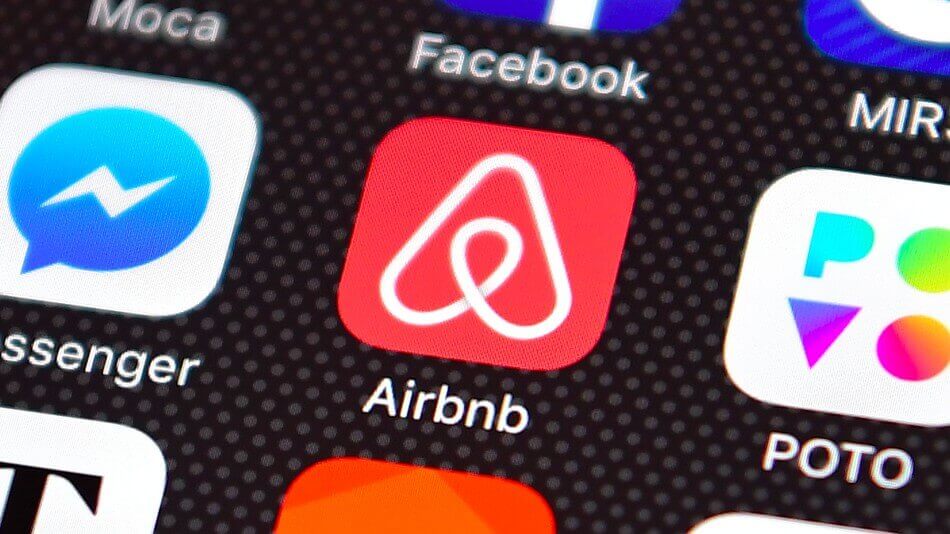
The number of Airbnb listings in London has quadrupled in the last four years as more and more of the city’s housing stock has been gobbled up by short-term rental companies. As of May 2019, 80,770 properties in London were listed on Airbnb, with a staggering 23 per cent, or 11,200, of these thought to be in breach of a legal 90-day limit in the capital.
The new data, compiled by City Hall, shows that across all Airbnb listings in London, just one per cent of the capital’s hosts were behind 15 per cent, or 7,440, of the properties listed.
Airbnb doesn’t make its data available to officials and regulators, meaning local authorities have to use third-party tools to try and regulate the abuse of the platform. City Hall’s figures, compiled using analytics tool Inside Airbnb, also show that 30 per cent of their hosts in London have three or more listings advertised on the platform. The rate of growth outside the centre of the capital has been even more extreme, with Airbnb listings in outer London increasing fifteen-fold between 2015 and 2019. Across London, 56 per cent of properties – or 45,070 listings – are entire homes.
In Camden and Westminster, two of the London boroughs worst affected by the rise of short-term rentals, up to seven per cent of the total housing stock is advertised on Airbnb. Data compiled by Camden council reveals that of the 7,100 whole properties listed on platforms such as Airbnb and Booking.com in 2019, a staggering 48 per cent exceeded the 90-day legal limit. Camden council currently has 6,000 families on its housing waiting list.

“The short-term let market is far too easily exploited,” says Danny Beales, Camden Council’s cabinet member for investing in communities. “Not only are we seeing guests being let down, but so are London’s communities as new housing is built, bought up and essentially turned into hotels.”




